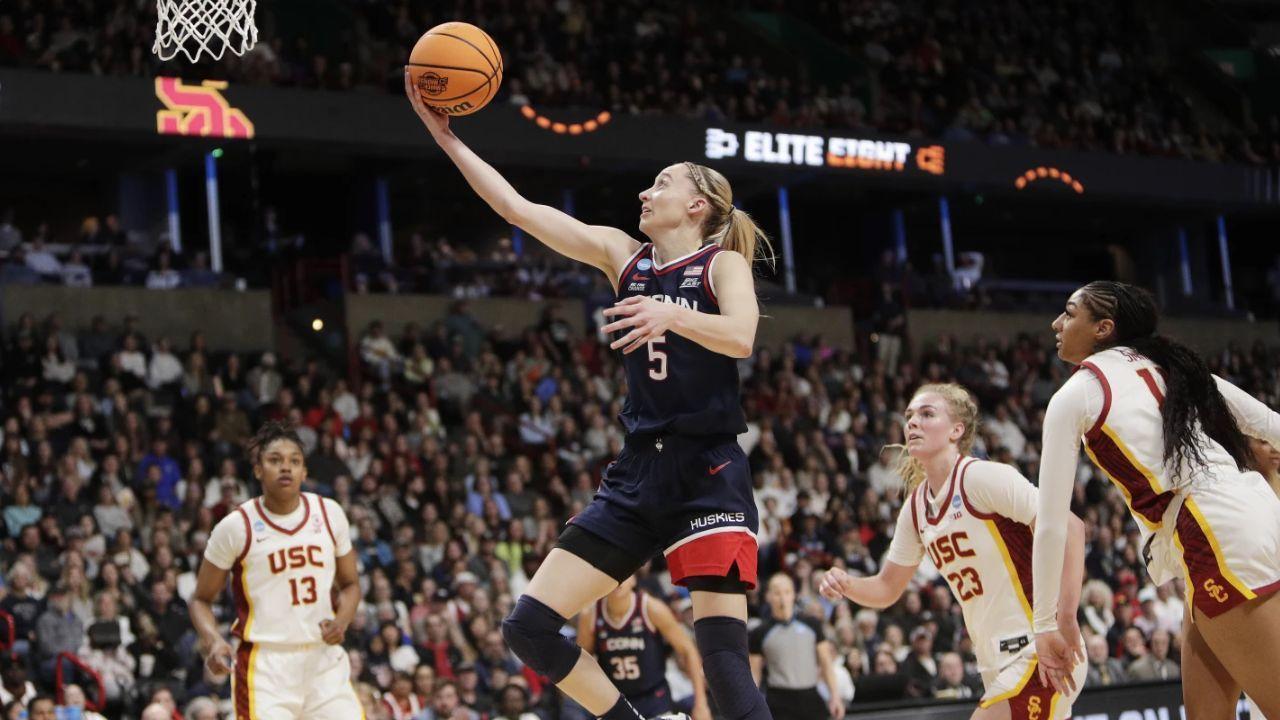
Post by: Vansh Kumar
Sports have always been a source of empowerment, promoting physical fitness, teamwork, and mental well-being. For many, participating in sports offers a sense of community and achievement. However, for individuals with disabilities, traditional sports might present significant challenges. How adaptive sports help people with disabilities is a crucial question that addresses the transformative impact these specialized sports can have on people’s lives. Adaptive sports provide individuals with physical, cognitive, and developmental disabilities the opportunity to participate in physical activities, build confidence, and enjoy the many benefits of sports.
Adaptive sports are modified versions of traditional sports, designed to allow athletes with disabilities to compete, participate, and enjoy the experience just as non-disabled athletes do. These sports can be practiced individually or as part of a team and are often tailored to the specific needs of each participant. In this article, we will explore the different ways adaptive sports empower individuals with disabilities, help them build a stronger sense of independence, and foster a more inclusive society.
One of the primary benefits of adaptive sports is the improvement in physical health and fitness. Individuals with disabilities often face physical challenges that can limit their ability to engage in regular exercise. Adaptive sports offer a safe and supportive environment for these individuals to work on strength, endurance, flexibility, and overall physical health. Whether it's wheelchair basketball, para-swimming, or adaptive skiing, these activities provide an excellent way for people with disabilities to stay active.
Physical exercise plays a vital role in improving cardiovascular health, enhancing muscle strength, and boosting overall physical well-being. For individuals with mobility impairments, adaptive sports can also help improve coordination, balance, and range of motion. Regular participation in adaptive sports can prevent secondary health issues that often arise from a sedentary lifestyle, such as obesity, cardiovascular problems, and joint stiffness.
In addition to improving physical health, adaptive sports have a significant impact on mental health. People with disabilities often face social stigma, isolation, and mental health challenges. How adaptive sports help people with disabilities extends beyond physical health, addressing emotional and psychological well-being. Engaging in sports helps athletes feel more connected to others, reducing feelings of isolation and boosting self-esteem.
The sense of accomplishment that comes with mastering a new skill or competing in an event fosters confidence. Adaptive sports also provide a platform for personal growth, allowing individuals to set and achieve goals. The camaraderie that comes from being part of a team or participating in a community of athletes can also reduce stress and anxiety. For many athletes, adaptive sports are a source of empowerment, giving them the opportunity to prove their abilities to themselves and others.
Adaptive sports create opportunities for social interaction and community building. For individuals with disabilities, social isolation can be a significant concern. Adaptive sports programs provide a space where people can meet others who share similar experiences and challenges. These sports often emphasize teamwork, cooperation, and mutual support, fostering a sense of belonging and camaraderie among participants.
In many adaptive sports, athletes work together to achieve common goals, whether it’s winning a game or simply improving their skills. These team-building experiences teach valuable life skills such as communication, leadership, and collaboration. Participating in adaptive sports also allows athletes to interact with coaches, volunteers, and other individuals in the community, building strong, supportive relationships.
One of the most significant impacts of adaptive sports is the development of independence and self-confidence. How adaptive sports help people with disabilities is closely linked to the ability to perform tasks and participate in activities independently. Through adaptive sports, athletes can experience a sense of accomplishment that boosts their confidence and autonomy. Whether it's learning how to control a wheelchair in basketball or mastering adaptive techniques in swimming, these achievements foster a sense of independence.
As individuals gain skills and confidence through sports, they often feel more empowered in other areas of their lives. The lessons learned in sports—such as perseverance, discipline, and problem-solving—can translate to greater self-confidence and independence in daily activities, work, and social interactions. Adaptive sports allow people with disabilities to challenge themselves, overcome obstacles, and demonstrate their abilities in ways that might not otherwise be possible.
Adaptive sports play a crucial role in promoting inclusivity and changing societal perceptions of disability. By showcasing the talents and abilities of athletes with disabilities, these sports challenge stereotypes and help redefine what is possible. When people see athletes with disabilities excelling in sports, it shifts the narrative from limitations to possibilities. Adaptive sports create opportunities for individuals with disabilities to become role models, inspiring others to pursue their passions and challenge societal expectations.
In addition to benefiting individuals with disabilities, adaptive sports also raise awareness in the broader community about the importance of accessibility, inclusion, and equality. These sports highlight the need for better infrastructure, policies, and resources to ensure that all individuals, regardless of ability, can participate in sports and physical activities. They also offer opportunities for non-disabled individuals to volunteer, support, and learn more about the capabilities of people with disabilities, further fostering a more inclusive society.
This article explores how adaptive sports help people with disabilities by offering opportunities for physical, mental, and social empowerment. Adaptive sports provide a way for individuals with disabilities to improve their physical health, build mental resilience, and foster social connections. These sports promote independence, boost self-confidence, and challenge societal stereotypes about disability. Through teamwork, skill development, and a sense of accomplishment, adaptive sports allow people with disabilities to demonstrate their abilities and lead more active, fulfilling lives. The article highlights the importance of these sports in creating an inclusive and supportive environment for all athletes, regardless of ability.
The content provided in this article is for informational purposes only. While we strive to offer accurate and up-to-date advice, the solutions and recommendations shared may not apply to all situations. DXB News Network is not responsible for any actions taken based on this article, and readers are encouraged to seek professional advice for complex issues related to adaptive sports or disabilities. Please ensure that any sports programs or activities are suitable for your specific needs and consult with qualified professionals when necessary.
#trending #latest #AdaptiveSports #DisabilityEmpowerment #InclusiveSports #DisabilityAwareness #SportsForAll #PhysicalActivity #MentalHealthThroughSports #SocialInclusion #SportsForDisabilities #AdaptiveAthletes #breakingnews #worldnews #headlines #topstories #globalUpdate #dxbnewsnetwork #dxbnews #dxbdnn #dxbnewsnetworkdnn #bestnewschanneldubai #bestnewschannelUAE #bestnewschannelabudhabi #bestnewschannelajman #bestnewschannelofdubai #popularnewschanneldubai

OpenAI's new image feature, creating Ghibli-style AI art, goes viral. ChatGPT added 1 million users in just an hour, breaking records and causing GPU issues....Read More.

A fire in a gas pipeline in Putra Heights, Malaysia, led to a huge explosion, injuring 12 and forcing evacuations from nearby areas...Read More.














ChatGPT Hits 1 Million Users in an Hour with Ghibli AI Art
OpenAI's new image feature, creating Ghibli-style AI art, goes viral. ChatGPT added 1 million users

7 Free Ghibli-Style AI Image Editors to Try Now
Transform your images into Ghibli-style art with these 7 free AI tools. From dreamy landscapes to an

China Conducts Military Drills Near Taiwan
China's coast guard conducted patrols, inspections, and drills near Taiwan as Beijing announced mili

Man City’s Haaland suffers ankle injury, awaits tests
Erling Haaland picked up an ankle injury in Man City’s FA Cup win. He will see a specialist to asses

New E-Skin Enables Touchless Control and Robot-Like Sensation
Revolutionary e-skin mimics human touch, allowing touchless control, aiding robots, and helping peop